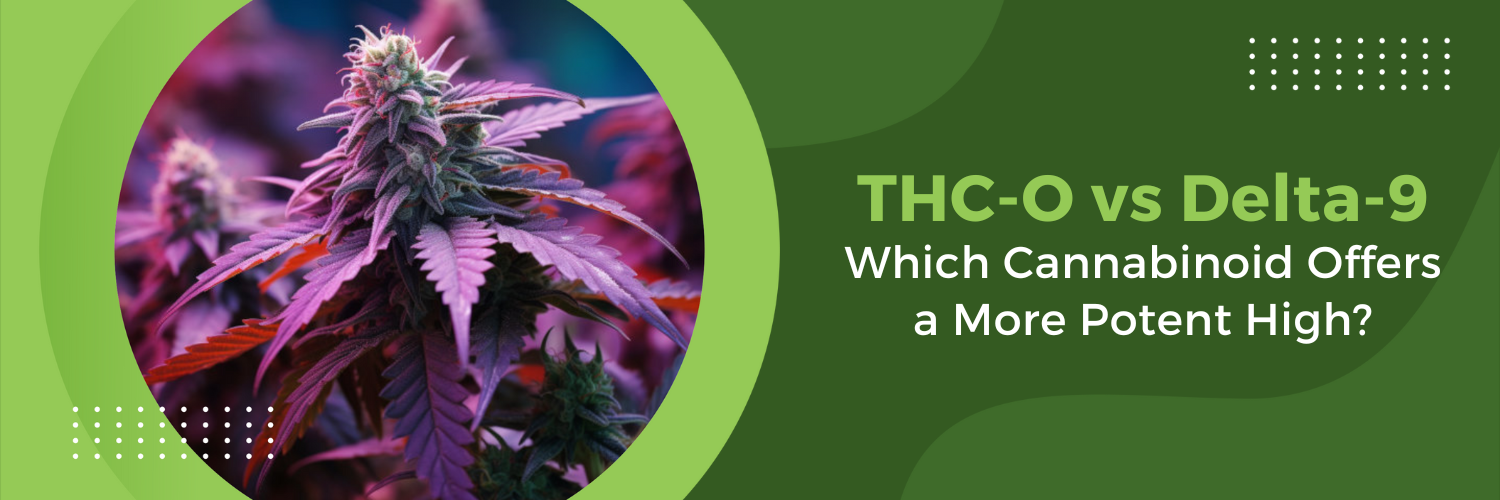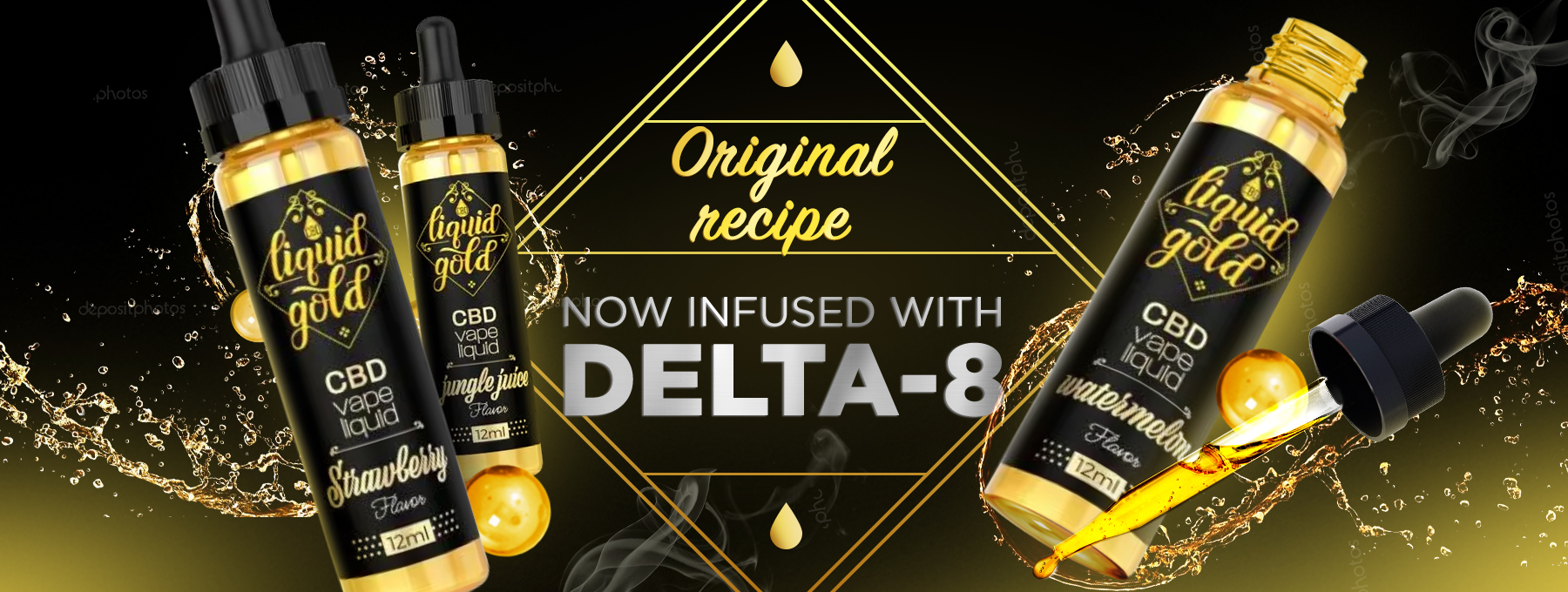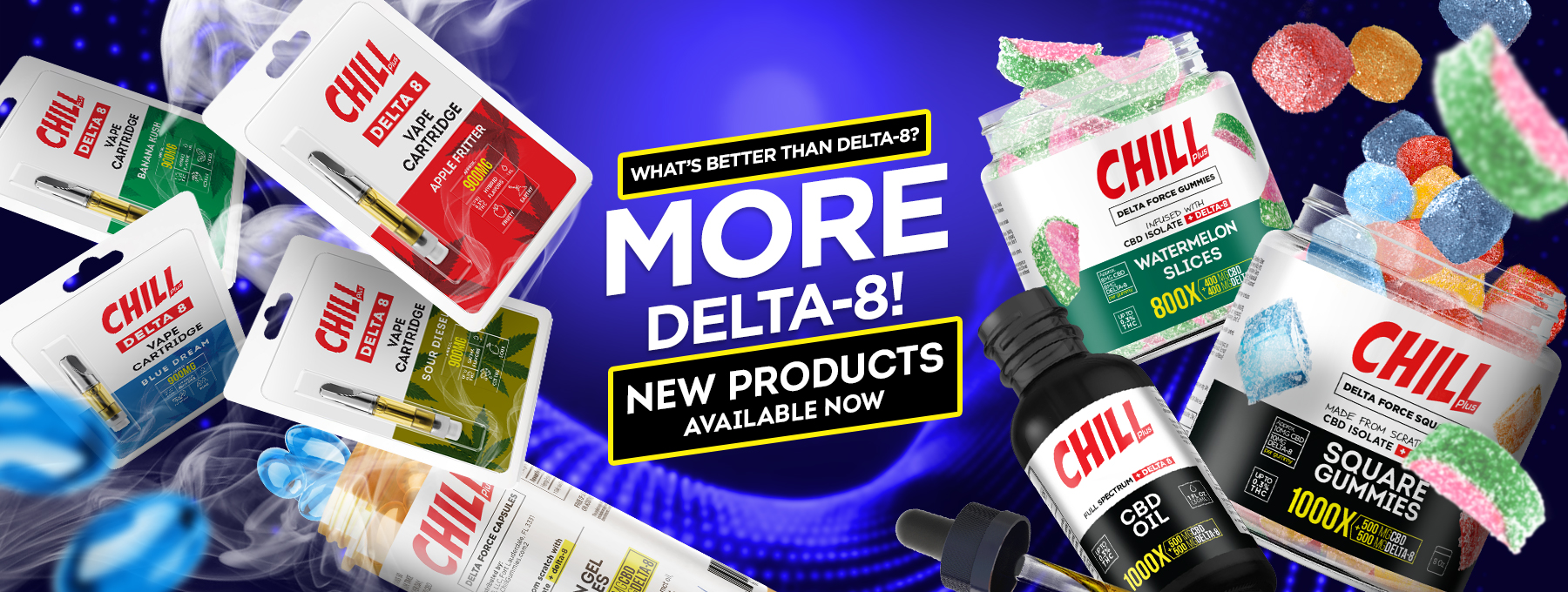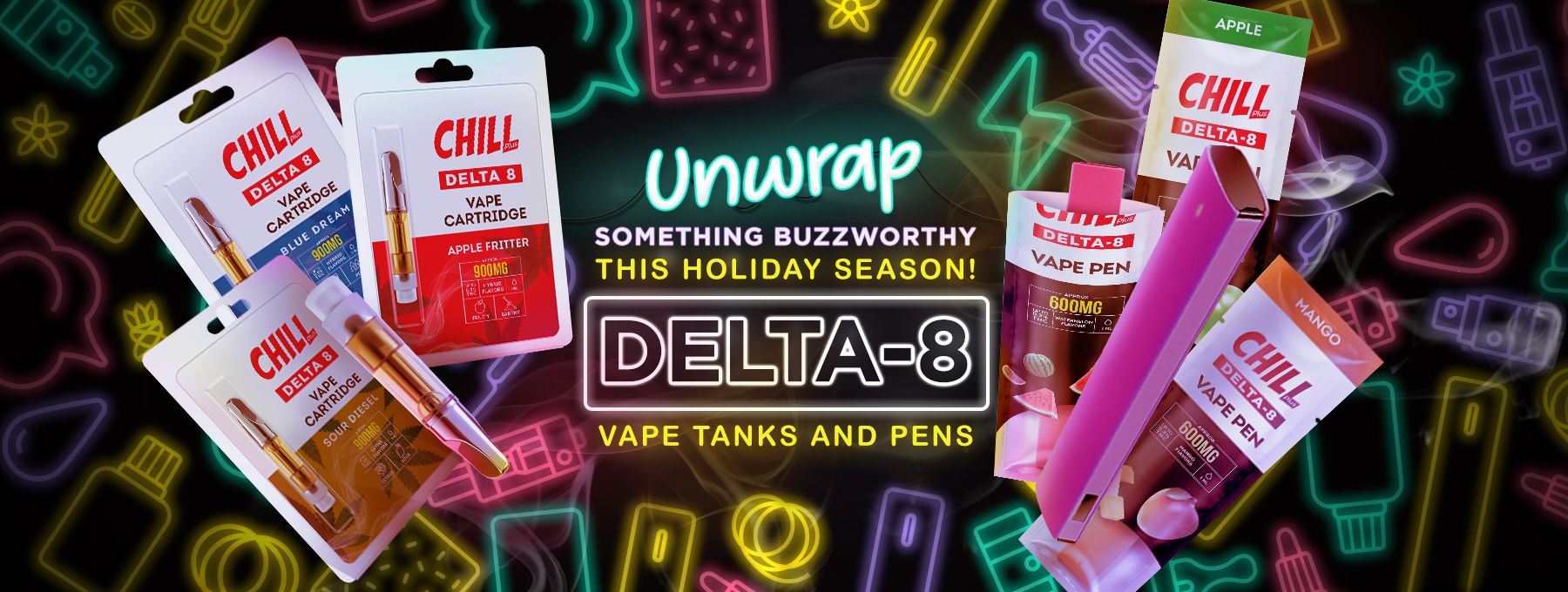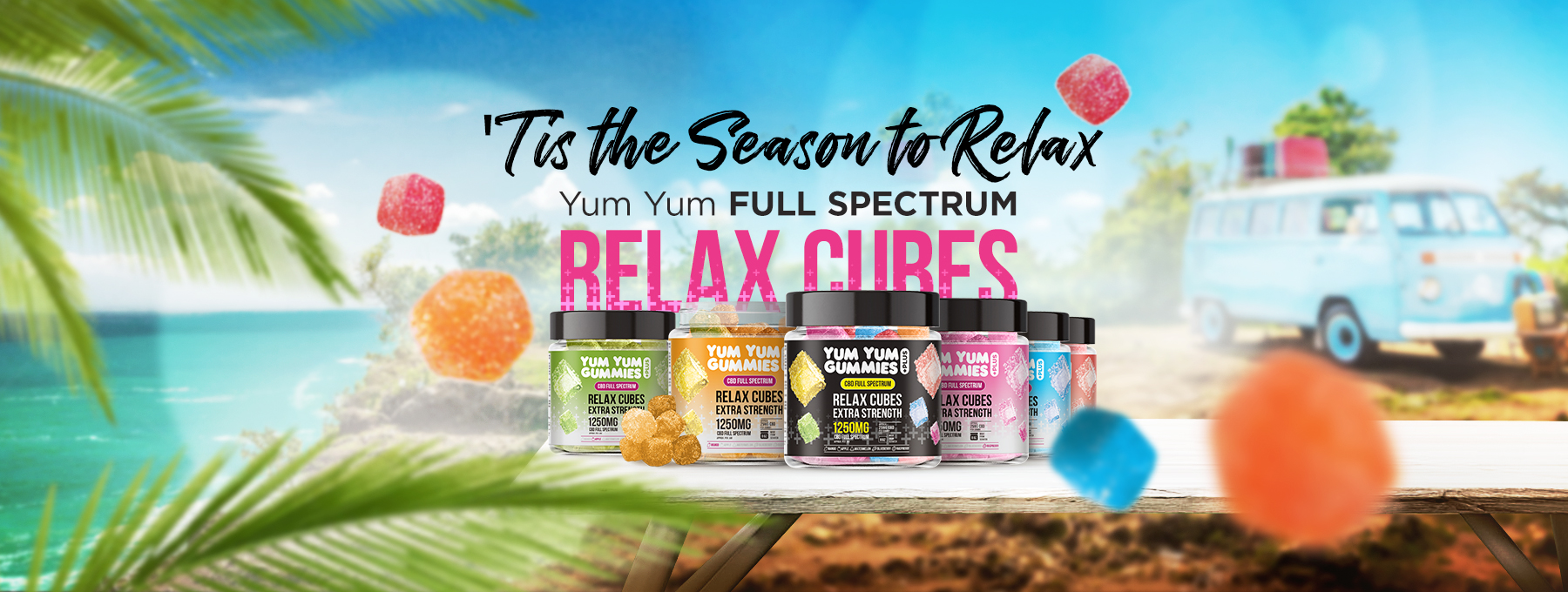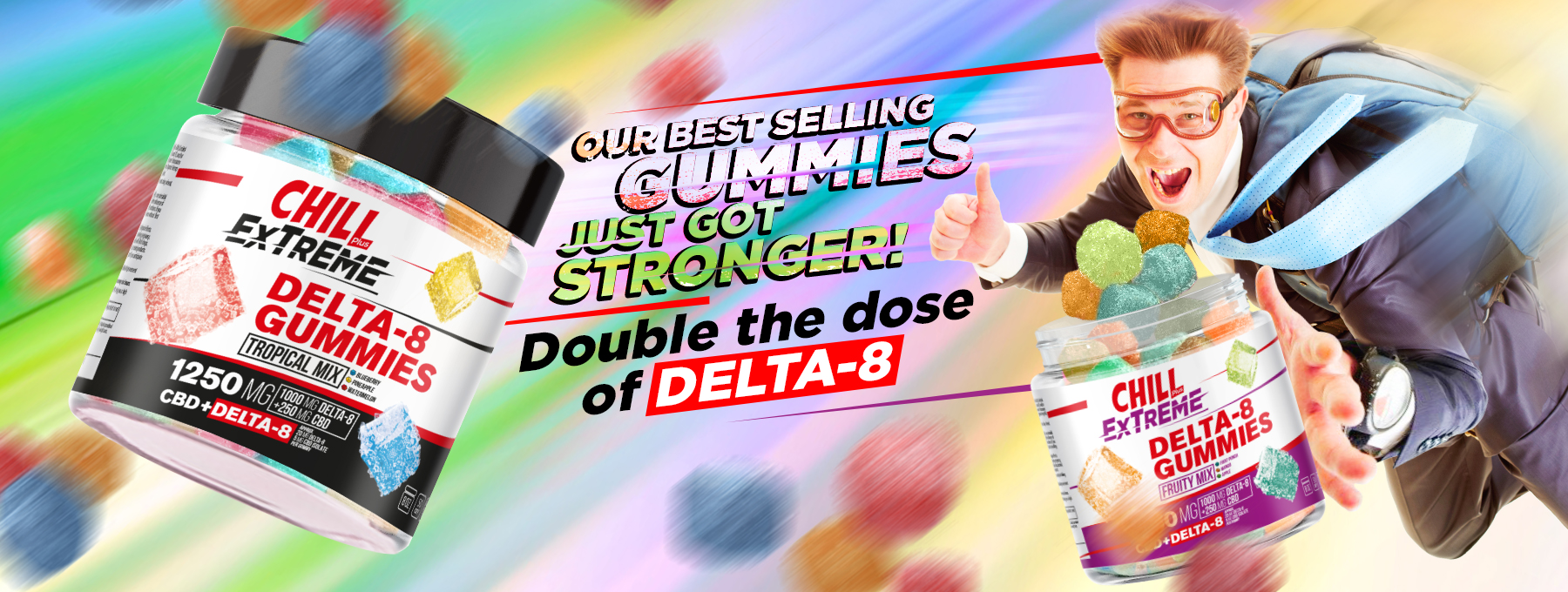THC-O vs Delta-9: Overview
THC-O (Tetrahydrocannabinol-O-acetate) is a novel cannabinoid compound that shares a similar origin with Delta-9. It is a derivative of Delta-9-tetrahydrocannabinol but has undergone additional chemical processes to enhance its potency. THC-O is known for being considerably more potent than Delta-9, resulting in stronger effects on the user’s mind and body.
Delta-9 (Delta-9-tetrahydrocannabinol), on the other hand, is the well-known psychoactive compound found in marijuana. It has been the focus of extensive research and is prevalent in traditional cannabis products, such as marijuana flowers and edibles. Delta-9 is responsible for producing the euphoric and relaxing effects commonly associated with cannabis consumption.
Comparing the chemical structures of THC-O and Delta-9, it becomes evident that they share similarities due to their common origin, but THC-O’s additional chemical modification grants it increased potency and unique effects.
THC-O vs Delta-9
|
Aspect |
THC-O |
Delta-9 |
| Potency | Significantly more potent | Moderate potency |
| Psychoactive Effects | Intense, psychedelic | Familiar, milder high |
| Altered Consciousness | Profound mind expansion | Mild alterations |
| Sensory Perceptions | Enhanced and intensified | Mild alterations |
| Duration of Effects | Longer-lasting | Moderate duration |
| Safety Concerns | Limited research, caution | Better-established safety |
| Medical Applications | Potential medical use | Established medical use |
| Recreational Appeal | Intense and immersive | Familiar and balanced |
| Legal Status | Varies by region | Varies by region |
Potency and Psychoactive Effects
The potency of a cannabinoid refers to its strength or concentration of psychoactive effects. When comparing THC-O and Delta-9, it becomes apparent that THC-O is significantly more potent than Delta-9. Even at lower doses, THC-O can produce more intense and profound psychoactive effects, leading to a more powerful high.
THC-O is known for its ability to induce a more psychedelic experience compared to Delta-9. Users often report that THC-O trips feel more profound, immersive, and mind-expanding. The effects can be described as a journey into a different realm of consciousness, with intensified sensory perceptions and altered thought patterns. Some users may experience visual and auditory hallucinations, similar to the effects of classic psychedelics like LSD or psilocybin mushrooms.
Due to its high potency, THC-O can lead to a stronger mind-body dissociation, causing users to feel detached from reality and deeply introspective. While some users seek this intense experience for spiritual or creative purposes, others may find it overwhelming and prefer a milder high.

Delta-9, on the other hand, is known for providing a more traditional cannabis high. It induces a sense of relaxation, euphoria, and mild alterations in sensory perception. The effects of Delta-9 are generally more predictable and familiar to regular cannabis users. The high from Delta-9 can enhance social interactions, promote feelings of happiness, and alleviate stress or anxiety.
The difference in potency and psychoactive effects between THC-O and Delta-9 can be attributed to their distinct chemical structures and how they interact with the body’s endocannabinoid system and brain receptors. THC-O’s modified structure allows it to bind more strongly to the CB1 receptors in the brain, resulting in the amplified and unique experiences reported by users.
When considering the potency and psychoactive effects of THC-O and Delta-9, it is essential for users to approach THC-O with caution, especially if they have little experience with highly potent psychoactive substances. Responsible dosing and proper preparation are crucial to ensure a safe and enjoyable cannabis experience with THC-O. For those seeking a more familiar and manageable high, Delta-9 remains a popular choice among cannabis users worldwide.
Legality and Safety
THC-O Safety Concerns: As a relatively new and potent cannabinoid, THC-O raises safety concerns among users and health professionals. Limited research has been conducted on THC-O’s long-term effects and potential risks, making it challenging to fully understand its safety profile. Due to its intense psychoactive nature, users should exercise caution and avoid excessive consumption to prevent adverse reactions.
One of the main safety concerns with THC-O is the potential for users to experience overwhelming psychedelic effects, leading to anxiety, paranoia, or panic attacks. Individuals with a history of mental health issues or sensitivity to altered states of consciousness may be particularly vulnerable to these adverse reactions.
Moreover, due to its potency, THC-O can impair cognitive functions and motor skills significantly. This can pose risks for individuals operating machinery, driving, or engaging in tasks that require full concentration.
THC-O Legality: The legal status of THC-O varies from country to country and state to state. In some regions, THC-O is explicitly listed as a controlled substance, making its possession, distribution, and use illegal. In other areas, THC-O may fall into a legal gray area, where regulations may not explicitly address its status.
The legality of THC-O is subject to change as lawmakers and regulatory bodies grapple with the emergence of novel cannabinoids. Therefore, users must stay updated on the latest cannabis laws in their respective regions to ensure compliance.
Delta-9 Safety Concerns: While Delta-9 has been more extensively studied than THC-O, it is not without its own safety concerns. High doses of Delta-9 can lead to temporary impairment, memory lapses, and altered judgment, which can be hazardous in certain situations. Regular and excessive use of Delta-9 may also lead to cannabis use disorder in vulnerable individuals.
In both cases, users need to be aware of the risks associated with cannabis consumption and exercise moderation. Using cannabis in a safe and responsible manner can help minimize potential adverse effects and ensure a positive experience.
Delta-9 Legality: The legal status of Delta-9 also varies worldwide. In some places, Delta-9 is legal for medical or recreational use, while in others, it remains a controlled substance. Some regions have decriminalized small amounts of Delta-9 for personal use, while others maintain strict prohibition.
As with THC-O, users must be aware of the cannabis laws in their specific area and abide by them to avoid legal consequences.
Medical and Recreational Use
THC-O has shown potential for medical applications, much like Delta-9. It may be used to alleviate symptoms associated with various medical conditions, including chronic pain, nausea, and anxiety. However, due to its potency, medical professionals need to exercise caution when prescribing THC-O and closely monitor its effects on patients.
Delta-9 has a well-documented history of medical use, and several pharmaceutical formulations containing Delta-9 have been approved for medical use in some regions. It is often prescribed to manage pain, stimulate appetite, and relieve symptoms in patients with certain medical conditions.
Recreational users seeking intense and immersive experiences may be drawn to THC-O, while those looking for a more familiar and manageable high may prefer Delta-9.
Consumption Methods
Both THC-O and Delta-9 can be consumed through various methods, including smoking, vaping, edibles, tinctures, and topical applications. However, due to the difference in potency, users need to approach THC-O consumption with greater caution and start with lower doses.
The onset time and duration of effects differ between the two cannabinoids. THC-O’s effects may take longer to manifest compared to Delta-9, and its duration may also be prolonged, resulting in a more extended experience.
Dosing and tolerance build-up are critical considerations. Given THC-O’s potency, users must be careful not to overconsume to avoid adverse effects. Delta-9, while also requiring moderation, may have a more forgiving tolerance build-up in comparison.
Conclusion
THC-O’s unmatched potency and psychedelic effects present an enticing proposition for adventurous users seeking intense experiences. However, its strong effects also demand responsible use and mindfulness to ensure a safe journey.
On the other hand, Delta-9, the time-tested classic, offers a more familiar and moderate high, appealing to users seeking a balanced and manageable cannabis experience. Its better-established safety profile provides some reassurance for those new to potent cannabinoids.
Ultimately, the decision between THC-O and Delta-9 comes down to individual preferences, comfort levels, and specific intentions. Whichever cannabinoid users choose, it is crucial to prioritize safety and responsibility.
If you are curious to learn more about these cannabinoids and explore high-quality cannabis products, we invite you to check out Leaf Alleviate. Our wide range of carefully curated products ensures a premium cannabis experience that aligns with your unique preferences. Visit our website to discover more about the incredible world of cannabis and make informed choices for your journey of discovery. Experience the possibilities with Leaf Alleviate today!
FAQs
Q: What is the difference between THC-O and Delta-9?
THC-O is a derivative of Delta-9-tetrahydrocannabinol and is known for its significantly higher potency and more psychedelic effects compared to Delta-9.
Q: Is THC-O legal?
The legal status of THC-O varies from one region to another. Some jurisdictions may have legalized it for medical or recreational use, while others may classify it as a controlled substance.
Q: Are there any medical benefits associated with THC-O?
THC-O has shown potential for medical applications, similar to Delta-9. It may be used to alleviate symptoms of certain medical conditions, but further research is needed to fully understand its medical potential.
Q: How does THC-O compare to Delta-9 in terms of potency?
THC-O is considerably more potent than Delta-9, even at lower doses. Its effects are described as more intense and psychedelic.
Q: What are the potential side effects of consuming THC-O?
Due to limited research, the long-term effects and potential side effects of THC-O are not fully understood. However, users should be cautious about its intense psychoactive nature.

